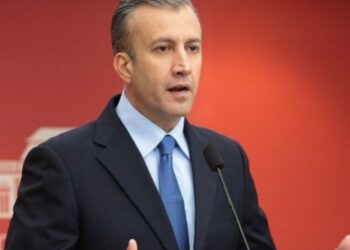South Africa intends to accelerate its energy transition. To do so, it can count on the financial support of Europe. The EU, the UK, Germany and France have pledged $8.5 billion towards this goal. It is then a question of helping South Africa to do without coal.
In fact, South Africa is the 12th largest carbon emitter in the world. In 2019, the country released about 430 Mt of CO2. This is more than Mexico or Brazil.
South Africa working on an investment plan
The country’s ministers will meet in the coming days. They intend to discuss an investment plan to accelerate South Africa’s energy transition. In fact, their ambition is to finalize it before COP 27. The latter will be held in Egypt, starting on October 31.
However, South Africa still does not have a plan to present to donors. In addition, the terms of the funds have not been agreed upon. Moreover, it is important to note that 80% of these are not grants, but loans.
Barbara Creecy, Minister of the Environment, explains:
“I think we underestimated the complexity of the situation when you have four partners and each of them has their own budget issues and their own development agencies. There was this chicken and egg situation where we would say ‘give us a chapter and verse on the agreement,’ and they would say ‘let’s look at the investment plans.'”
So, to speed up the process, South Africa is working on the investment plan while discussing the conditions.
She adds:
“The investment plan is now … ready for the minister’s review. We will have that meeting this week or next. We always try to meet that deadline [COP27].”
Obstacles
Indeed, the country faces many obstacles. These must be overcome in order to truly accelerate South Africa’s energy transition and meet the country’s self-imposed deadlines.
An insufficient amount
South Africa wants to decarbonize Eskom, the national electricity company, which has a large debt. It is mainly based on coal, which provides 80% of its production. Thus, the country wishes to accelerate its transition to renewable energy.
Secondly, the government aims to make the country a leader in the manufacture of electric vehicles and also in hydrogen.
However, the $8.5 million envelope seems insufficient. B. Creecy explained that these grants will be used for non-revenue generating items such as feasibility studies. She states:
“For South Africa to go from where it is today to net zero by 2050, we are talking trillions, not billions of rands.”
A political opposition
In addition to the question of the sum, South Africa is the scene of strong opposition within Congress. For example, union leaders are concerned that the energy transition will negatively impact jobs. The latter estimate that it could lead to the loss of 90,000 coal mining jobs.
In addition, Gwede Mantashe, Minister of Energy, is himself pro-coal. Thus, he multiplies skeptical remarks about renewable energies. He also points to a certain hypocrisy of European nations that, in the face of the energy crisis, are returning to coal.
B. Creecy recalls the criticism directed at South Africa during COP 26. The country has been criticized for citing national circumstances for the use of coal.
She then comments:
“Europe has lost some of its moral authority. The same countries that criticized us are now themselves invoking national circumstances [pour brûler plus de charbon]. That’s a bit hypocritical, isn’t it?”






